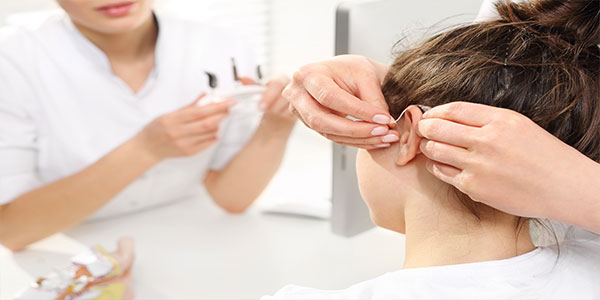Do you have difficulty catching words in conversations or on TV? Do you ask people to repeat themselves? Maybe you’re starting to avoid social gatherings because it’s too hard to hear. If so, you may have some hearing loss. This common problem affects one in three people between the ages of 65 and 75, and nearly half of those older, according to National Institutes of Health.
Untreated hearing loss can have serious consequences. You might not catch instructions from your doctor or respond to smoke alarms and doorbells. Hearing loss is also linked to depression, anxiety and social isolation, according to the American Academy of Audiology. Because you lose hearing gradually in both ears as you age, you might not realize how much your hearing has changed until it affects your daily activities.
Although hearing aids can’t replicate normal hearing, they can dramatically improve what you understand, as well as what you hear. When you strain to catch words, you can suffer from what researchers call “cognitive overload.” You put so much effort into hearing that your brain doesn’t process the actual content of what’s said.










